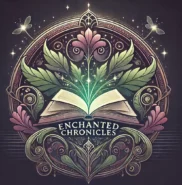Explore the Enchanting European Myths and Legends: The Enduring Tapestry of a Continent’s Soul
Across Europe, a vast and intricate mosaic of myths and legends of the world have been woven over millennia. Rooted in history, enriched by diverse cultural influences, and immortalized in literature and folklore, these narratives offer a window into the continent’s collective spirit. But what makes European myths distinct from those of other regions, why do they continue to thrive, and how can their magic be shared with the rest of the world?
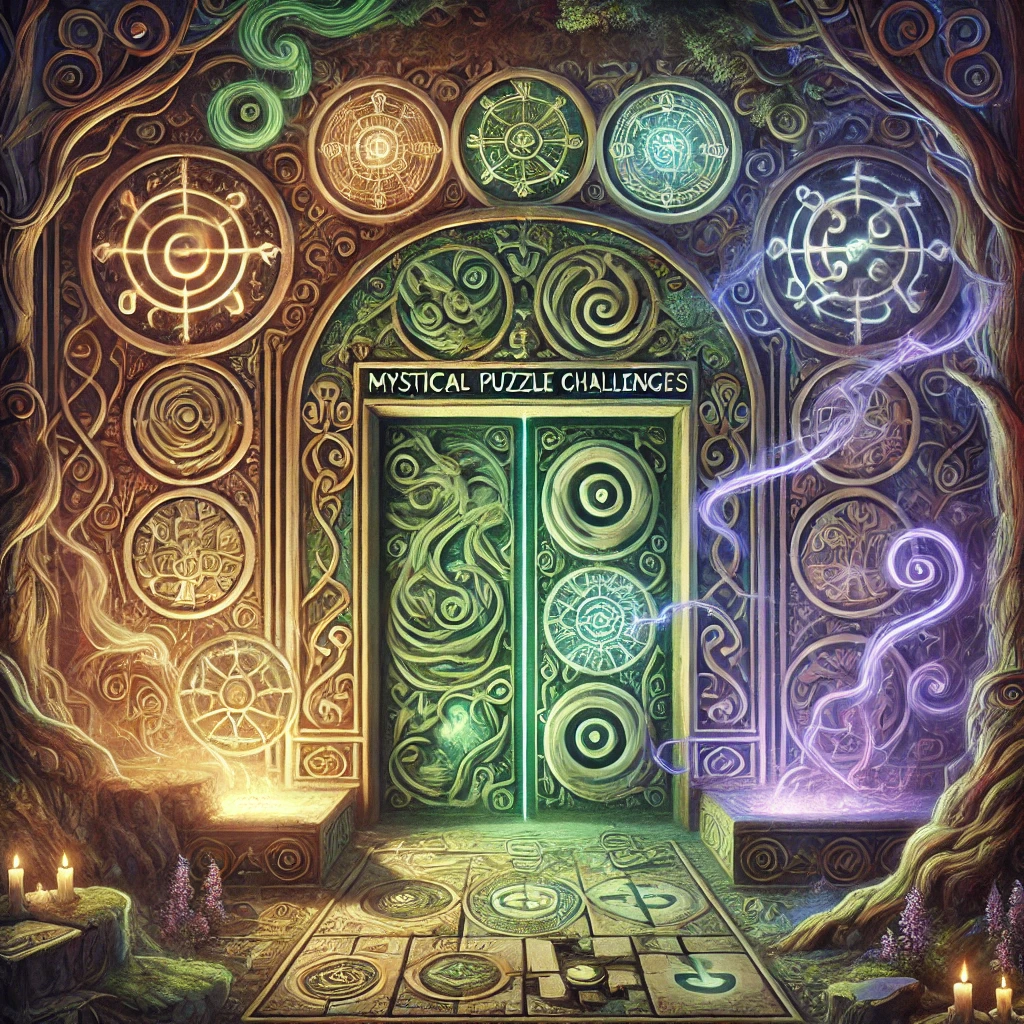
A Historical Tapestry of Belief and Culture
European myths and legends emerged from a myriad of historical contexts—from the ancient druidic rites of the Celts and the heroic sagas of the Norse, to the intricate pantheon of Greco-Roman gods and the chivalric tales of medieval knights and literature. These stories were once the backbone of communal identity, passed down orally through generations, and later immortalized in epic poems and early literature. They not only provided explanations for natural phenomena but also served as moral compasses, offering guidance on honor, bravery, and the human condition.
The historical evolution of the world’s folklore is fascinating. For instance, famous myths such as the Arthurian legends, with their mix of historical kernels and fantastical elements, reflect the turbulent political landscape of medieval Britain while simultaneously inspiring ideals of chivalry and unity. Similarly, the Greek myths, though steeped in fantastical narratives, were deeply intertwined with the rituals and religious practices of ancient Greece, influencing art, philosophy, and even politics.
Distinctive Features of European Folklore
European folklore issued from myths and legends around the world stands apart due to its rich regional diversity and the interplay between the supernatural and the mundane. While myths from other parts of the world often focus on creation stories or the exploits of deities, European legends frequently dwell on the liminal spaces between reality and fantasy. They explore themes of transformation, fate, and the eternal struggle between light and dark.
Key elements that set European myths apart include
- Integration with Nature: From the enchanted forests of the Celtic world to the mysterious groves of the Germanic tribes, nature is not merely a backdrop but an active, sentient participant in these narratives.
- Moral and Social Order: Many legends serve as allegories for social values and ethical dilemmas. The tales of tragic heroes and noble quests not only entertain but also impart lessons about honor, sacrifice, and the consequences of hubris.
- Literary Richness: European myths have influenced a vast array of literary works—from Dante’s “Divine Comedy” to Tolkien’s epic sagas—thereby embedding them deeply into the continent’s cultural consciousness.
Why Do These Legends Endure?
The resilience of European Myths lies in their universal appeal. They capture timeless human emotions and experiences—love, loss, hope, and the inexorable passage of time. As societies evolve, these narratives adapt, finding new relevance in modern contexts. They serve as a reminder of our shared past and a source of inspiration for contemporary art, cinema, and even digital storytelling.
Moreover, the communal nature of these legendary tales fosters a sense of identity and continuity. They have been reinterpreted by successive generations, ensuring that even as the world changes, the core messages and enchanting imagery remain. The persistence of these stories is also bolstered by the academic and cultural institutions that actively promote their study and preservation.
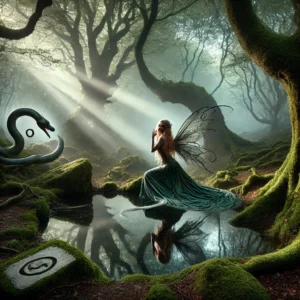
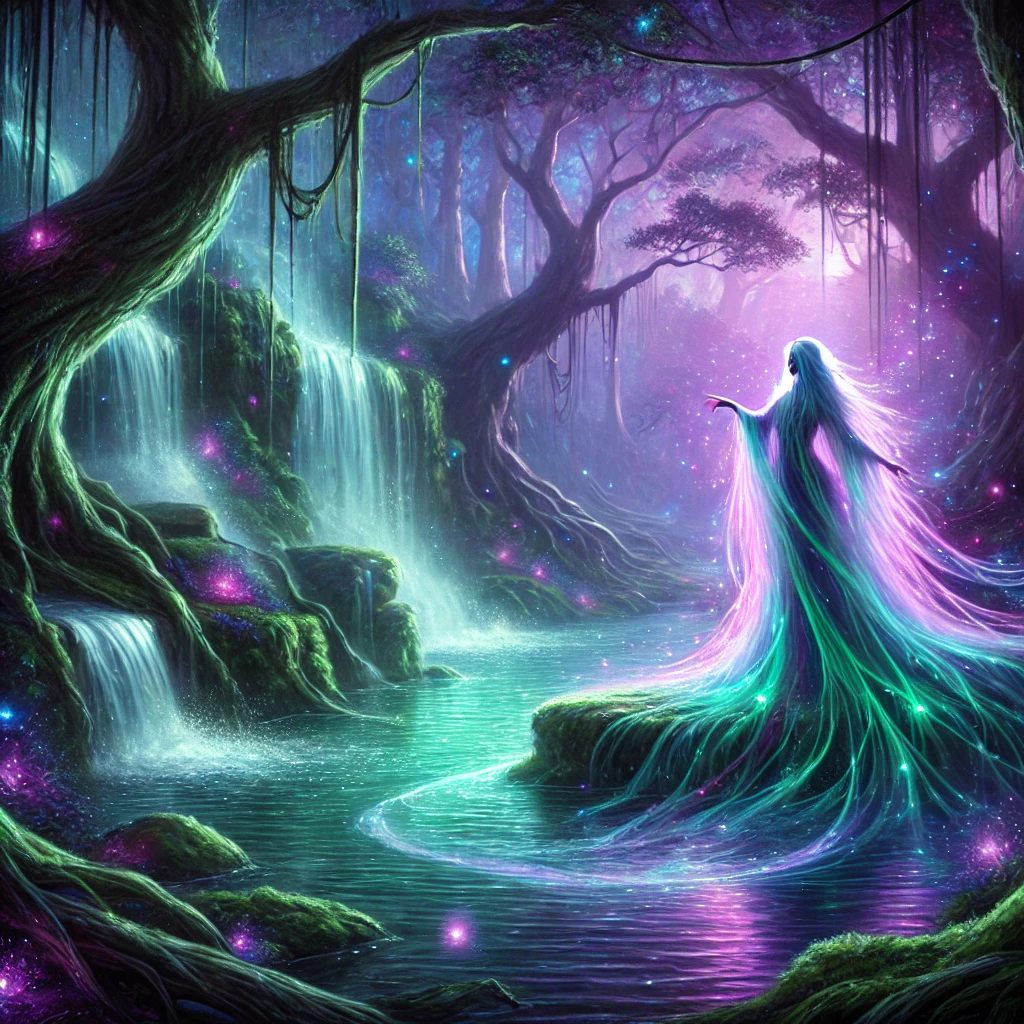
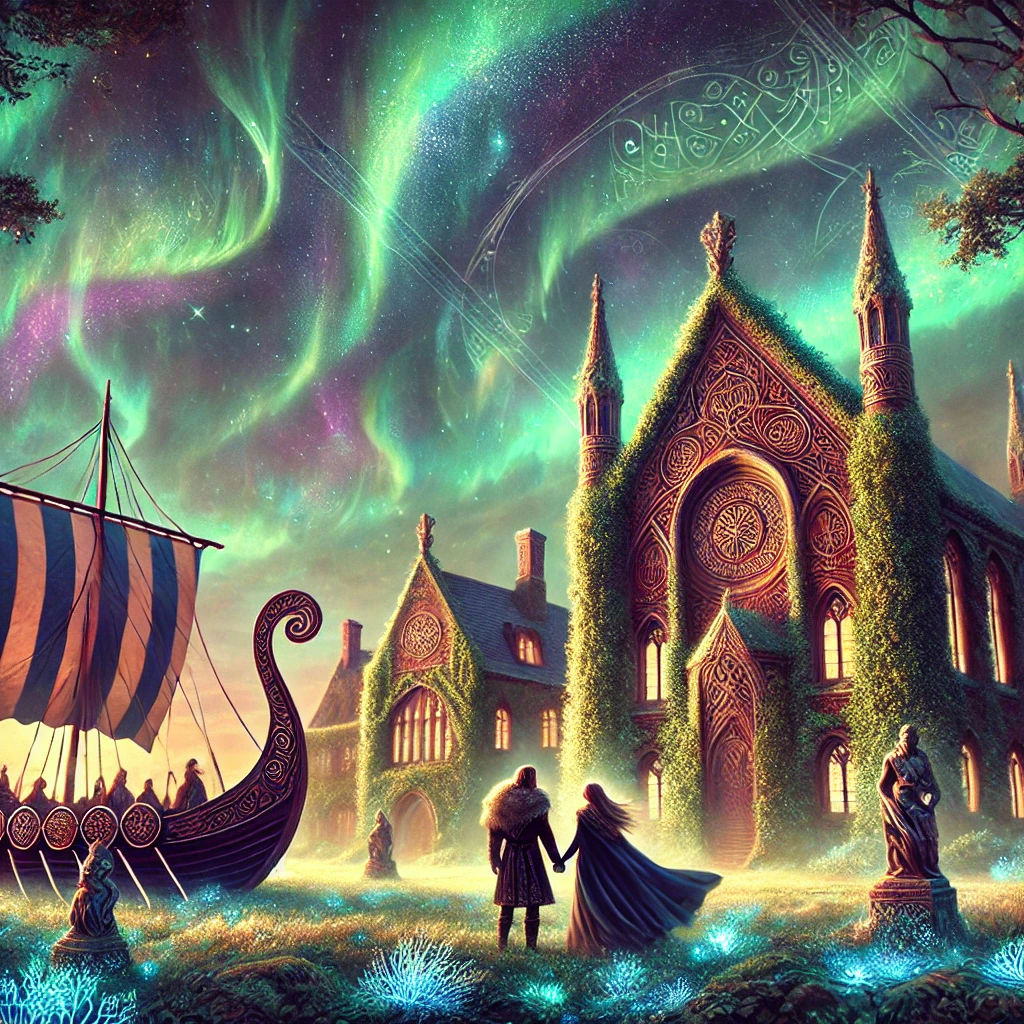
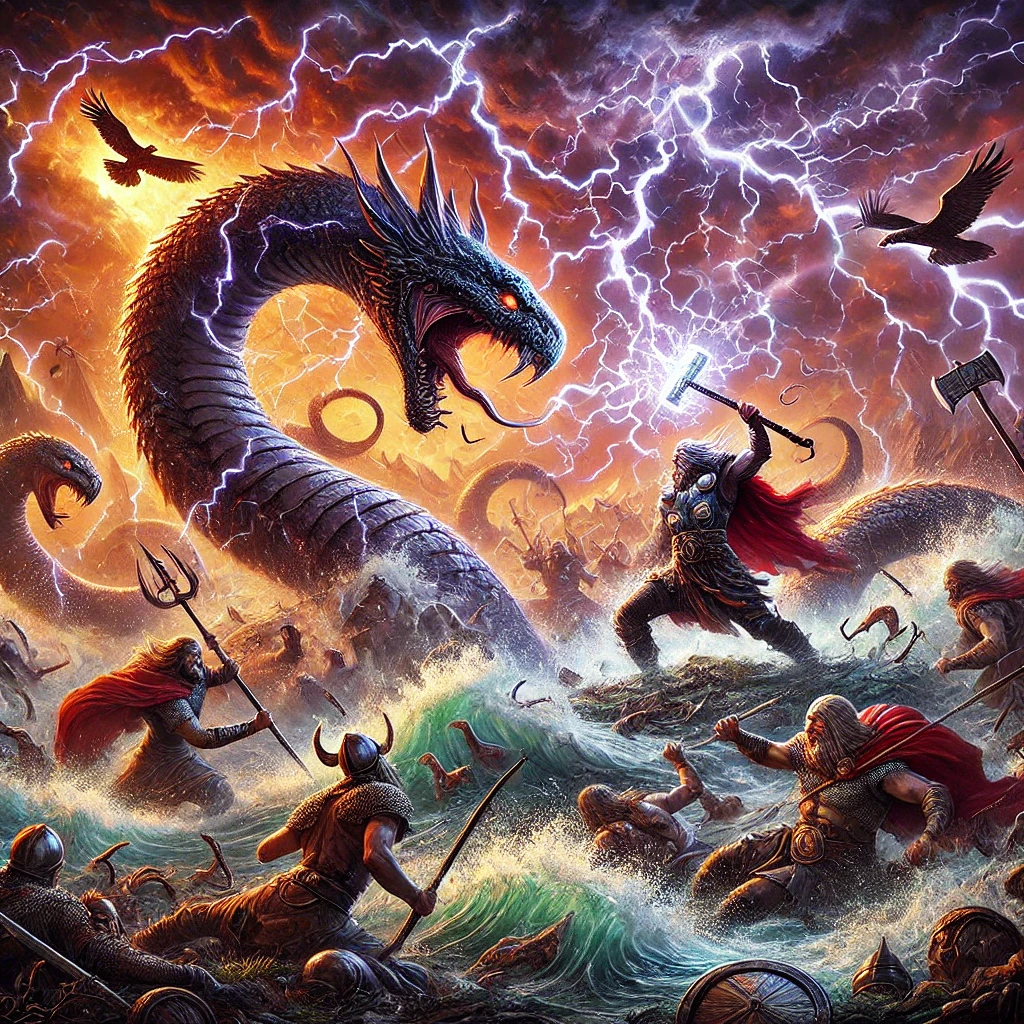
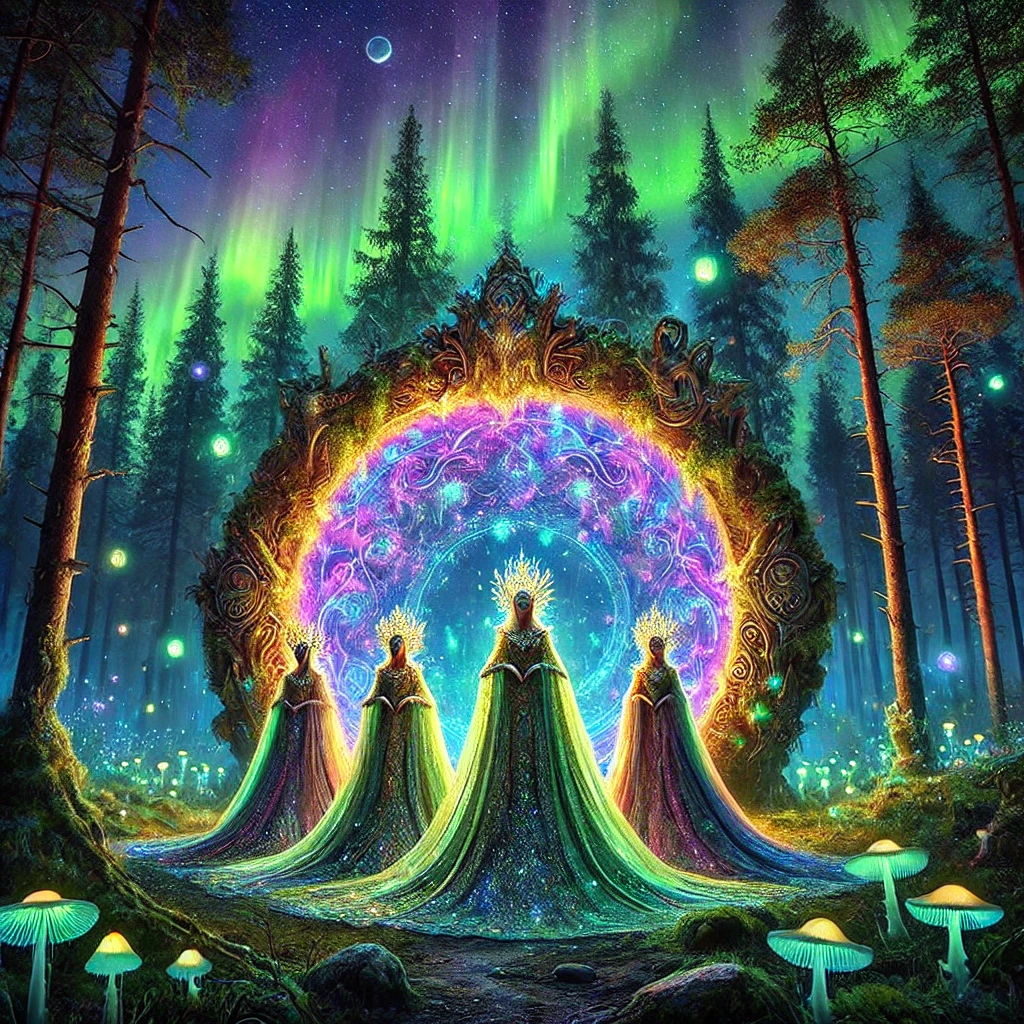
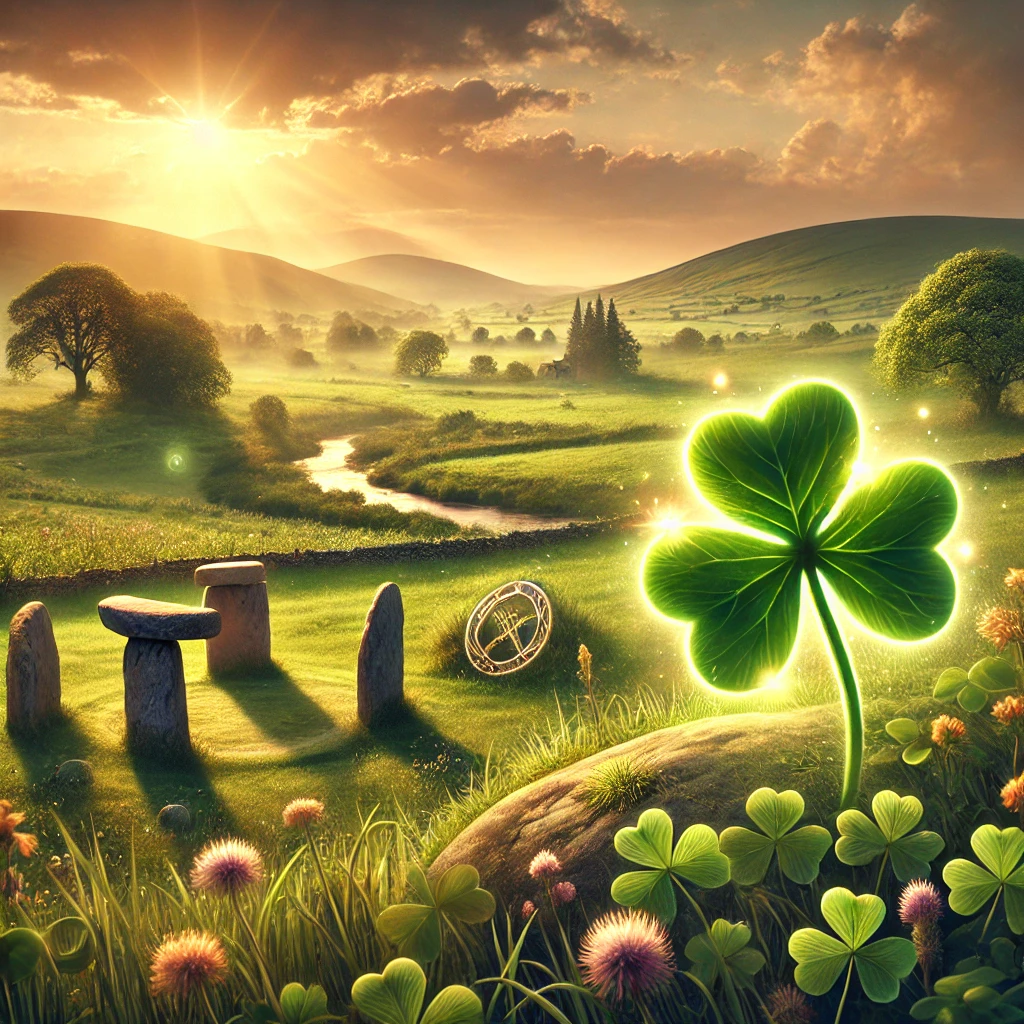
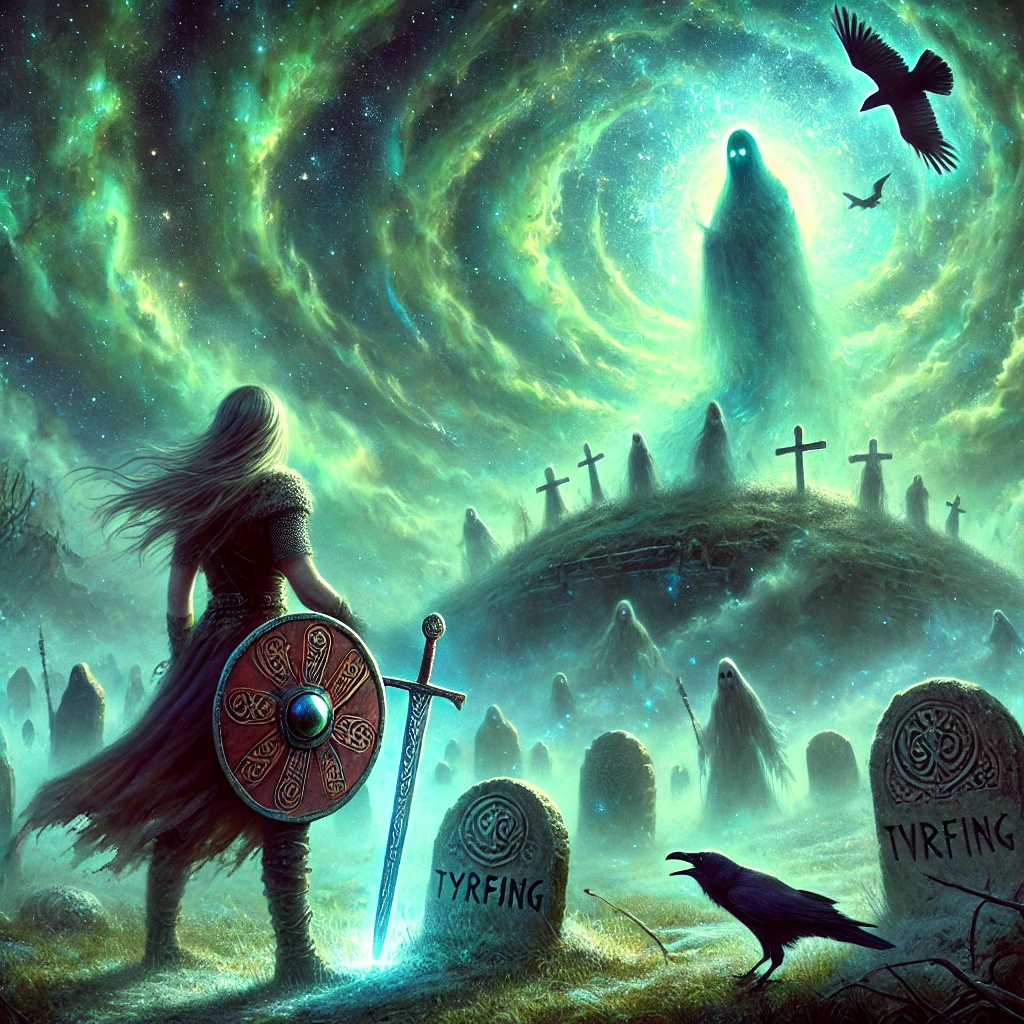
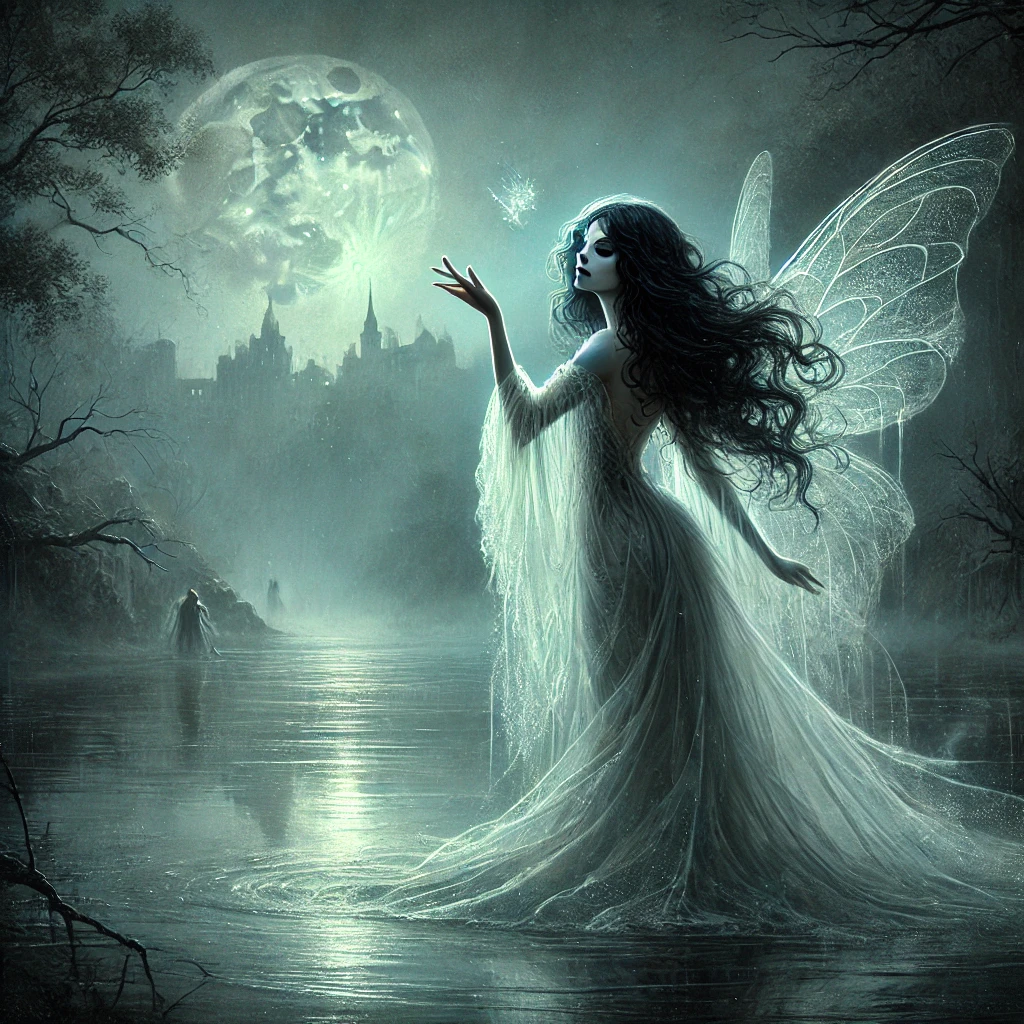
Popular Legends That Define European Culture
Several European legends have transcended their origins to become cultural touchstones:
- King Arthur and the Knights of the Round Table: Symbolizing the ideals of chivalry and unity, this myth has been reinvented in countless forms.
- Norse Mythology: With its gods, giants, and epic battles, the Norse legends continue to influence modern fantasy and pop culture.
- Greek Mythology: The timeless tales of Zeus, Athena, and Hercules form the bedrock of Western storytelling.
- Celtic Folklore: Rich in fairy lore and mystical creatures, Celtic myths evoke a deep connection with nature and the spiritual realm.
- Slavic Legends: Filled with mysterious creatures and moral parables, these stories offer a unique insight into Eastern European cultural heritage.
A Call to Rediscover the world folklore and legendary tales
Myths and Legends of the world are more than relics of a bygone era—they are living stories that continue to shape our imagination and cultural identity. As we embrace the modern world, these narratives remind us of our enduring connection to the past and the mystical forces, folklore and beliefs that have long guided Human destiny.
By celebrating and sharing these timeless tales, we not only aim to preserve our heritage but also inspire future generations to explore the magic that lies at the heart of European Culture. Whether you are a Scholar, an Artist, or simply a curious seeker, the Myths & Legends of Europe invite you to step into a world where every Myth is a doorway to wonder.
Discover more Realms
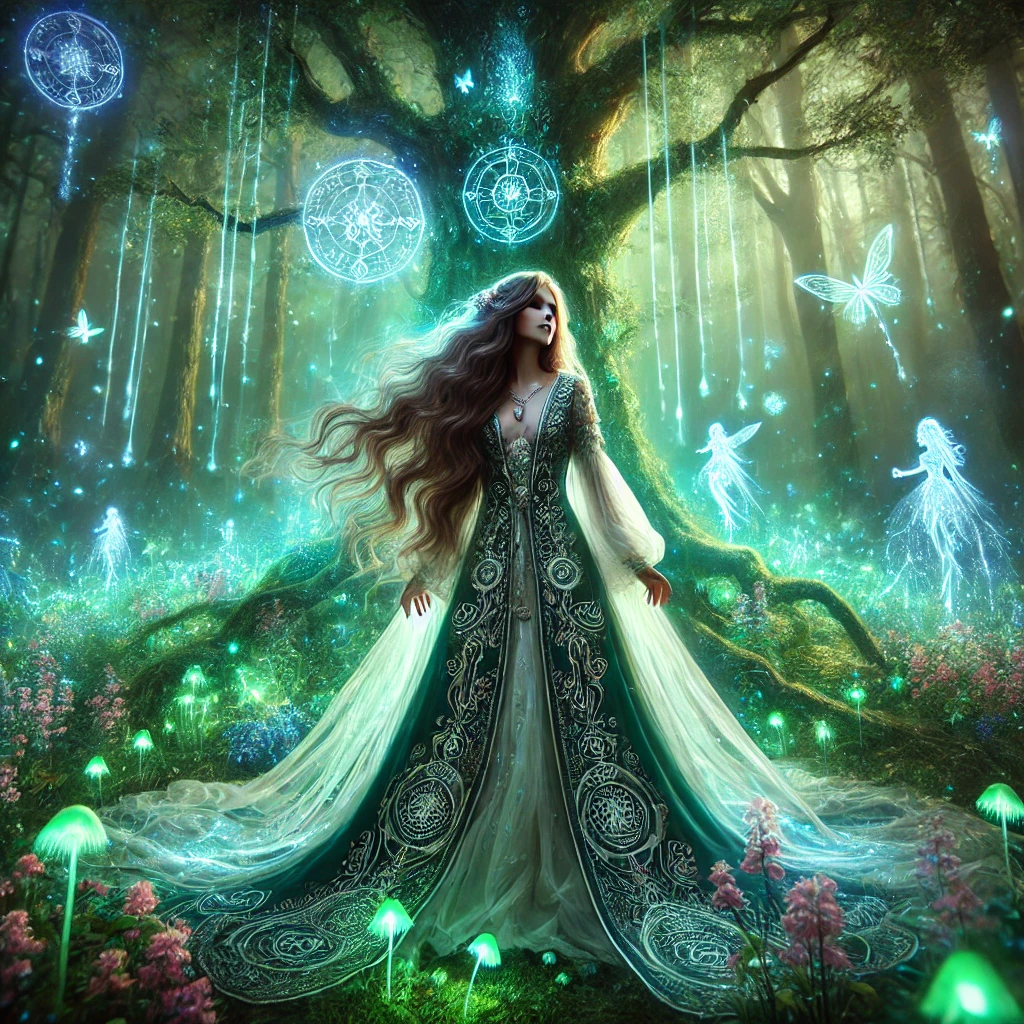
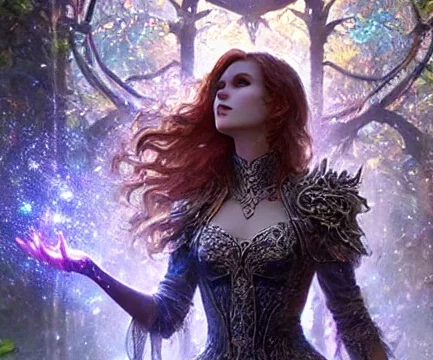
Tír na nÓg: The Land of Eternal Youth (Ireland)
In the heart of Irish mythology lies a tale of love, adventure, and loss—the legend of Tír na nÓg, the mystical land of eternal youth.
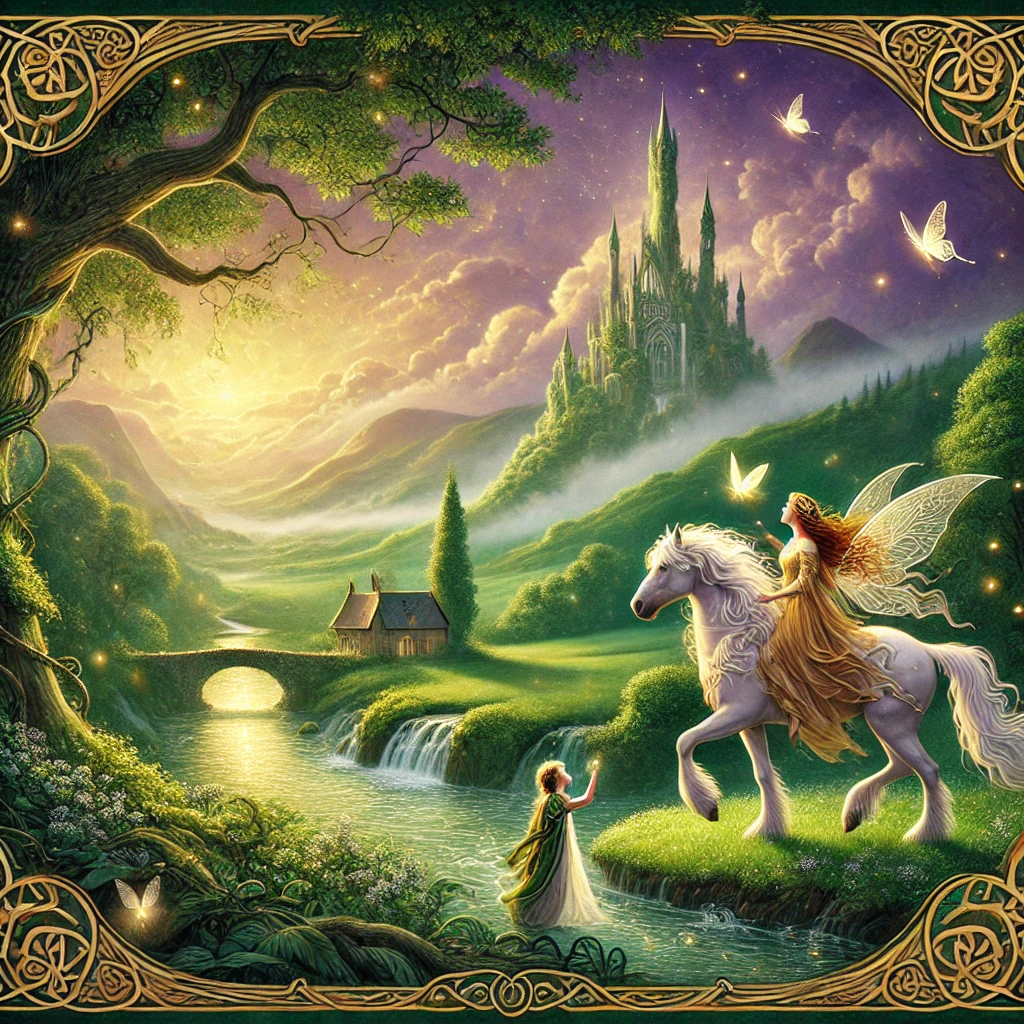
Humanity’s Imagination
Explore lost and forgotten stories, and bring them back to life through engaging narratives, interactive activities, and real-world connections.
Join us and unveil the Legends:
Discover more captivating stories and join our journey through the enchanted realms of European legends on Enchanted Chronicles Studio.
